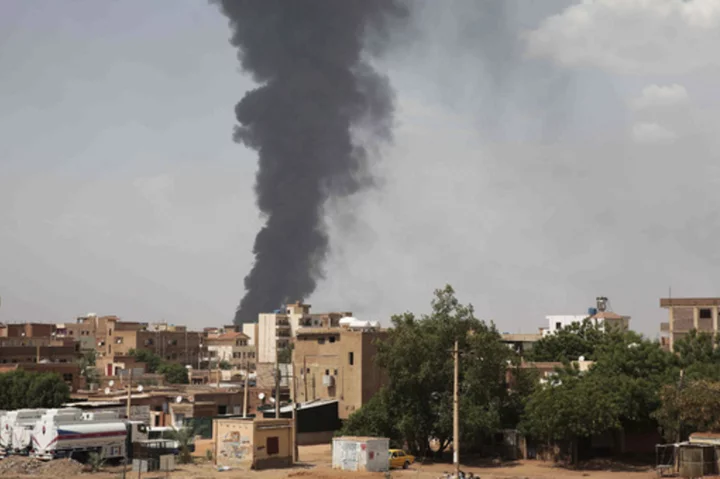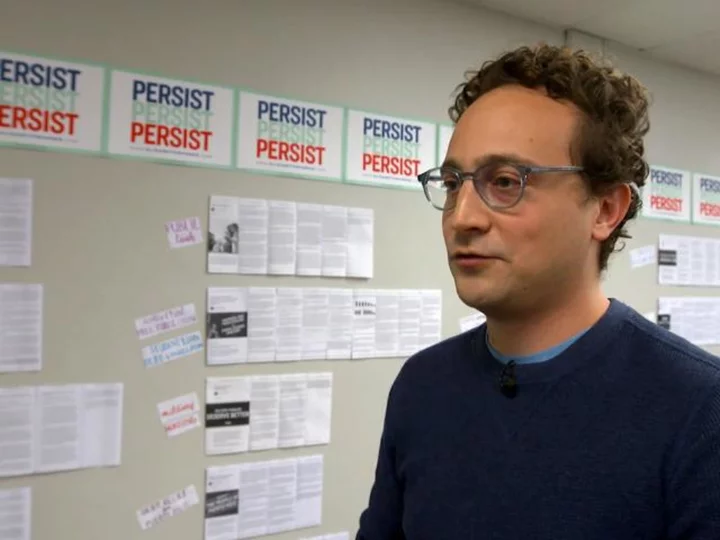CAIRO (AP) — Sudan’s escalating conflict has driven more than 4 million people from their homes, including over 884,000 who have fled to neighboring countries, a U.N. official said Tuesday.
The fighting has also triggered outbreaks of disease and an increase in malnutrition, according to William Spindler, a spokesperson for the U.N. refugee agency. From mid-May to mid-July, the UNHCR recorded over 300 deaths from measles and malnutrition, mainly among children under 5, Spindler said, speaking to reporters in Geneva.
His remarks came as clashes between the Sudanese army and its rival paramilitary force intensify in the eastern part of the capital, Khartoum, and the nearby city of Omdurman.
Sudan was plunged into chaos in April when simmering tensions between the military, led by Abdel Fattah Burhan, and the paramilitary Rapid Support Forces, commanded by Mohammed Hamdan Dagalo, exploded into open fighting in Khartoum and elsewhere.
“Chronic shortages in health staff, as well as attacks on personnel as reported by the World Health Organization, have significantly compromised the quality of health care across the country,” Spindler said.
On Monday, army operations in Khartoum and the surrounding area killed at least 20 members of the RSF, according to Nabil Abdallah, a military spokesman. The RSF did not acknowledge those casualties but claimed its fighters had killed scores of soldiers in street battles in Omdurman. The Associated Press could not verify either claim.
The rival forces had ordered civilians to evacuate Omdurman’s riverside district of Abu Zouf due to the intensifying fighting, according to Sudan’s Resistance Committees, a pro-democracy network.
Omdurman’s Al-Nou Hospital — where many of the wounded are being treated — is short on surgeons, blood supplies and oxygen tanks, the Sudan Doctors Union said Tuesday.
In June, the government said more than 3,000 people had been killed in Sudan's conflict so far but has not released any data since then. Activists and doctors say the real death toll is likely far higher.
The fighting has reduced Khartoum to an urban battlefield where many residents live without water and electricity. In the western region of Darfur, the fighting has morphed into ethnic violence with RSF and allied Arab militia targeting African ethnic group communities.
Amnesty International has accused both sides of committing war crimes and the International Criminal Court’s prosecutor announced last month an investigation into alleged war crimes and crimes against humanity in the latest fighting in Darfur.
With Sudan's rainy season underway, Spindler said the UNHCR expects an uptick in cholera and malaria in the coming months. Last fall, flooding killed scores of people across the country.









